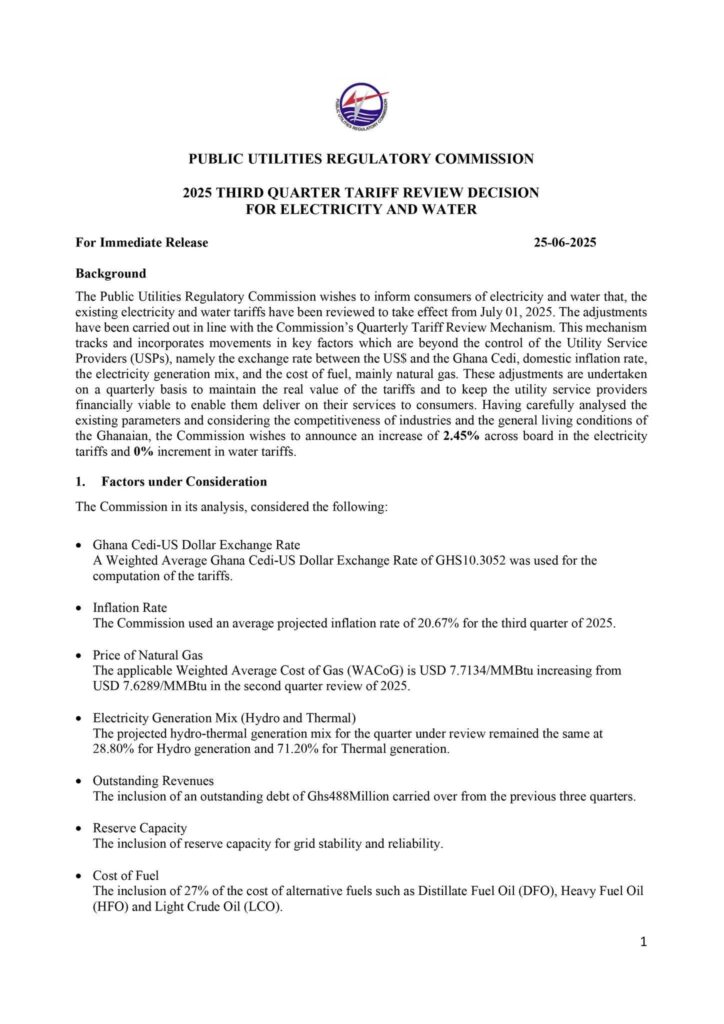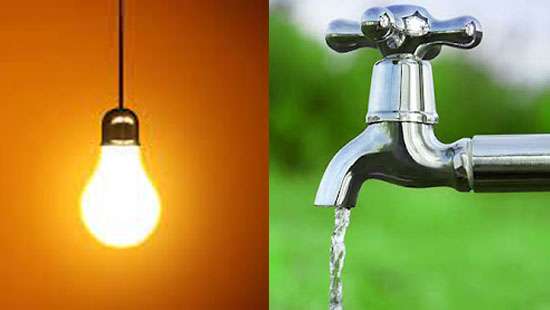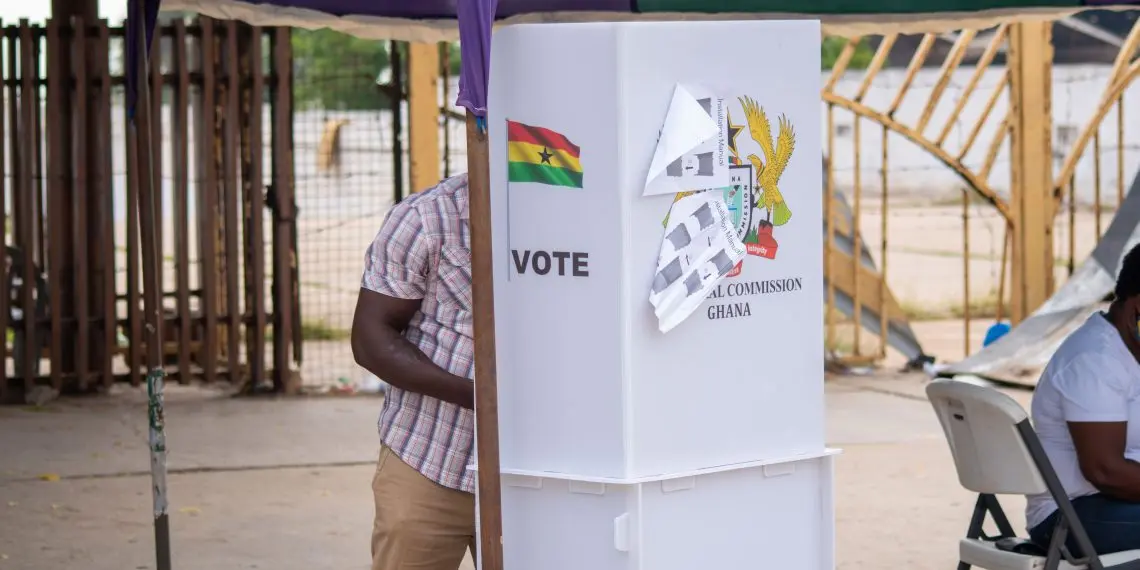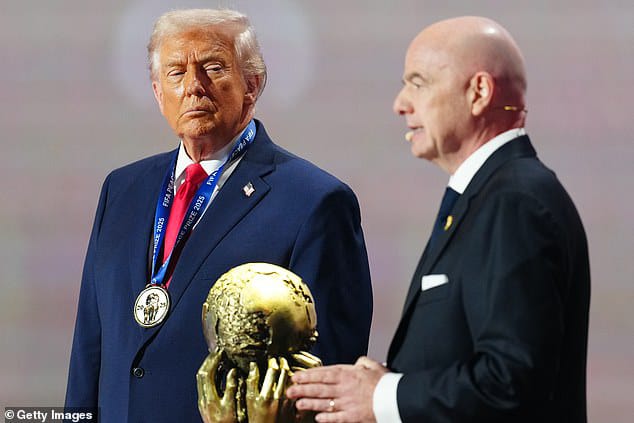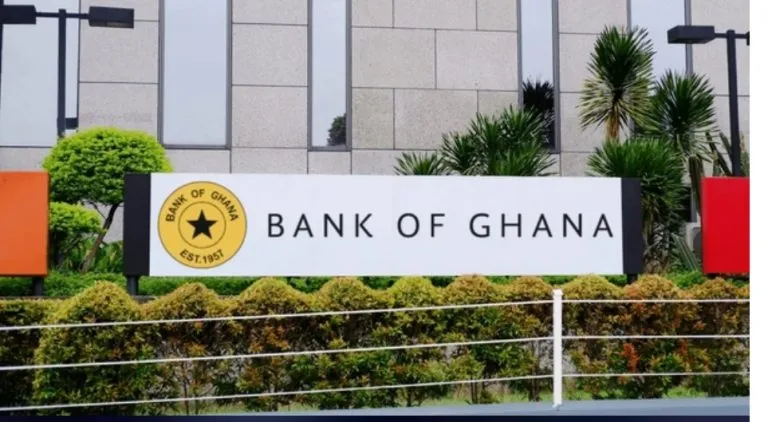The Public Utilities Regulatory Commission (PURC) has announced a new adjustment to electricity and water tariffs, which will take effect from July 1, 2025. This review was conducted as part of the Commission’s Quarterly Tariff Review Mechanism, a system that ensures utility tariffs reflect current economic conditions while maintaining the financial health of utility service providers. According to the Commission, regular tariff adjustments are essential to preserving the real value of tariffs and to enabling service providers to continue offering reliable electricity and water to consumers.
After careful consideration, the PURC has approved a 2.45% increase in electricity tariffs across all consumer categories. However, the Commission has decided to maintain the existing water tariffs without any increase. This decision comes at a time when the cost of living continues to rise, and the Commission made it clear that it is mindful of the need to protect consumers from additional financial burdens.
Several key factors influenced the new electricity tariff adjustment. One of the most significant is the exchange rate between the Ghana Cedi and the US dollar. For this review, a weighted average exchange rate of GHS 10.3052 per US dollar was used, reflecting the ongoing depreciation of the local currency, which directly impacts the cost of imported resources required for utility services. In addition, the projected average inflation rate for the third quarter of 2025, which stands at 20.67%, was a major consideration. Rising inflation increases the operational costs of the utility companies, which must be factored into tariffs to ensure their financial sustainability.
The PURC also accounted for the increasing cost of natural gas, which is a key input in electricity generation. The weighted average cost of gas used in the review rose to USD 7.7134 per MMBtu, up from USD 7.6289 in the previous quarter. Furthermore, Ghana’s electricity generation continues to rely heavily on thermal sources, which make up 71.20% of the power supply, compared to 28.80% from hydroelectric sources. Thermal generation is typically more expensive, largely due to fuel costs and exchange rate pressures.
In addition to these factors, the Commission considered an outstanding debt of GHS 488 million that has accumulated over the past three quarters. This outstanding revenue must be recovered to support the operations of the utility providers. The costs associated with maintaining sufficient reserve capacity for grid stability were also factored into the tariff adjustment, as were the expenses related to using alternative fuels such as Distillate Fuel Oil, Heavy Fuel Oil, and Light Crude Oil, which accounted for 27% of the total fuel costs.
Despite the various cost pressures identified, the PURC has opted not to increase water tariffs at this time. This decision is intended to offer some relief to consumers and to help mitigate the impact of other rising expenses that households and businesses are facing.
The Commission emphasized that these tariff reviews are necessary to keep utility services running efficiently and sustainably. Without regular adjustments, the ability of service providers to deliver reliable electricity and water would be at risk. The PURC remains committed to balancing the interests of consumers with the operational needs of utility companies, ensuring that services are both affordable and dependable.
As Ghanaians prepare for these changes, they can expect a slight increase in their electricity bills starting from July 1, 2025, while their water bills will remain the same. The PURC reassured the public that it will continue to monitor the situation and make adjustments when necessary, always to protect both consumers and the long-term stability of the utility sector.
